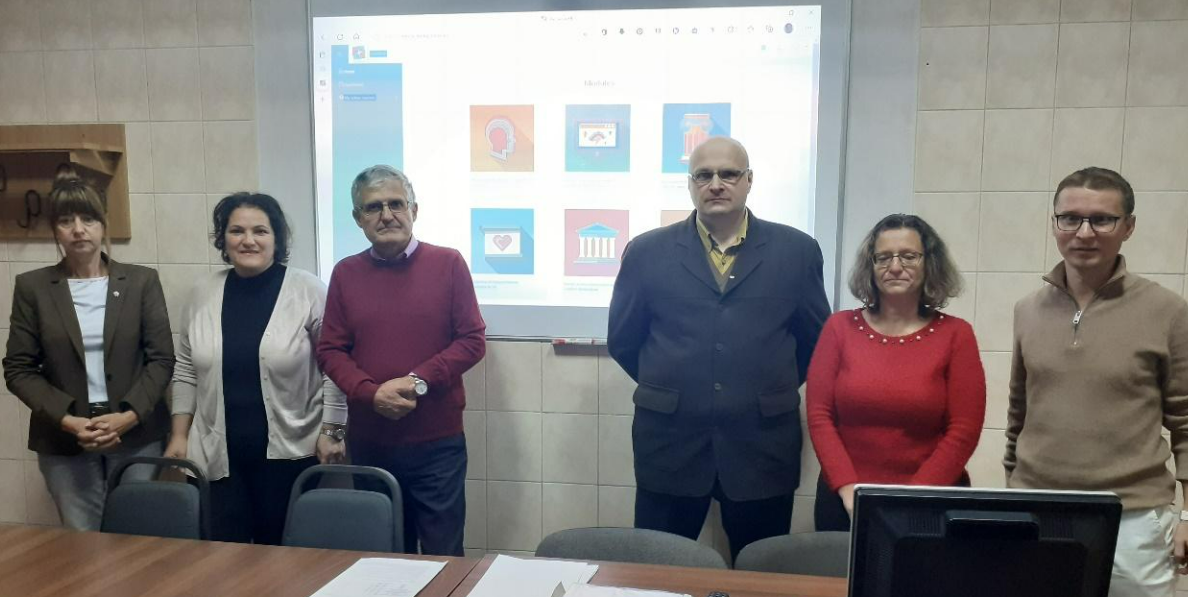With the launch of the InclusiveHE E-Learning platform and MOOC, the project consortium started piloting the tools for inclusion in higher education with academic staff and other relevant stakeholders. The main purpose of this testing was to improve the usability of the E-Learning platform, upgrade the MOOC content and increase the understanding of the concepts presented in the 6 modules of this online self-paced course.
In this regard, the University of Pitesti in Romania, presented the platform and MOOC to some academics from the 22 to 29 September 2022.
Below we present some data collection classified by thematic areas about the E-Learning platform and MOOC:
Presentation and operation of the E-Learning platform:
All participants considered the platform very accessible and easy to navigate. It is clearly structured and has a suggestive graphic design suitable for the content of the MOOC.
Content of the MOOC
All participants considered that the entire content of the MOOC is well organized and easy to follow, and the topics covered are relevant for all members of the HE community. Participants especially appreciated the way the information is presented in short and easy-to-remember sentences or phrases, which is a good learning practice suitable for an online self – paced course.
Interesting topics for participants
The participants showed interest in various aspects in the content of the 6 modules, such as:
-
Inclusive education strategies in HEIs;
-
Equitable and inclusive learning and teaching practices in HEIs;
-
The SWOT analysis regarding inclusion in HEIs;
-
Creating contents for inclusion in HE;
-
Design Thinking Methodology applied to Inclusive Training Course for academic staff;
-
The important role of technologies for inclusion.
Changes in practices intended by participants after attending the piloting event:
As a result of studying the E-Learning platform and the 6 modules of the MOOC, the participants considered what changes in their own pedagogical practice would be necessary to implement inclusive practices in their activities with students. Their ideas are presented below:
-
Participation in training courses for inclusion in HE and / or self-training in this field;
-
Continuous improvement of personal digital skills in the use of technology for inclusion in HE;
-
Carrying out surveys among students on inclusive topics;
-
Organizing briefings among the students about inclusion in HE;
-
Communicating honestly with students who require inclusive measures, without avoiding discussions with difficult topics;
-
Adapting courses content and teaching techniques to give equal learning opportunities to all students, in working conditions at their own pace.



